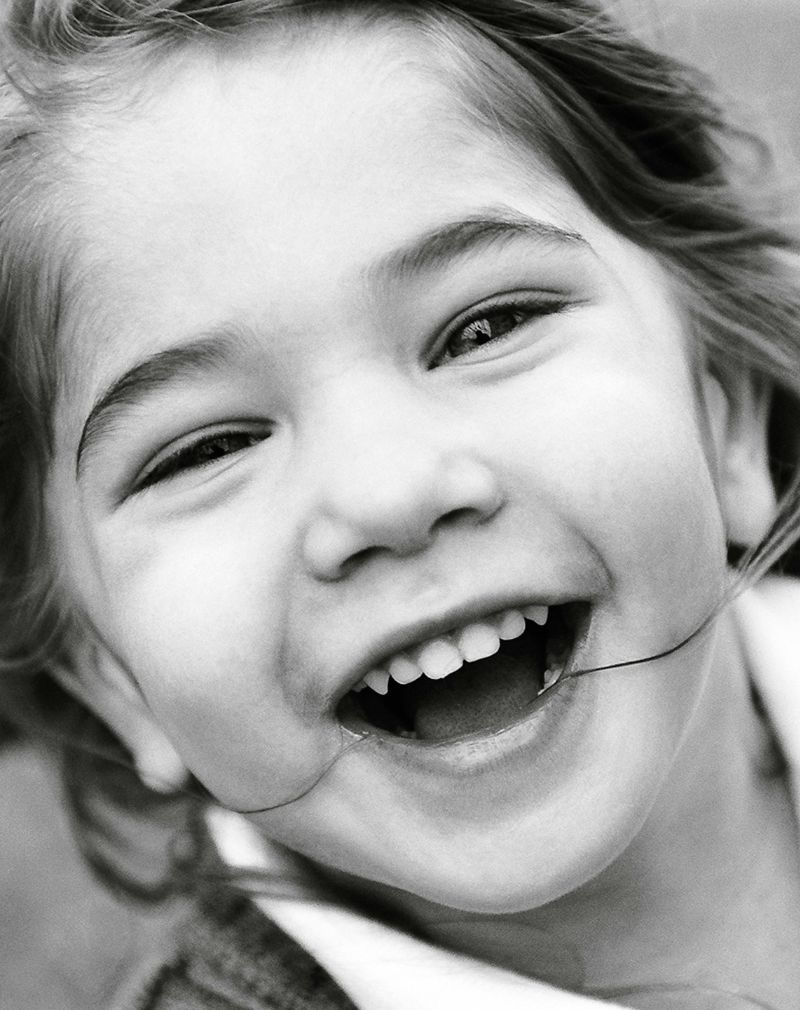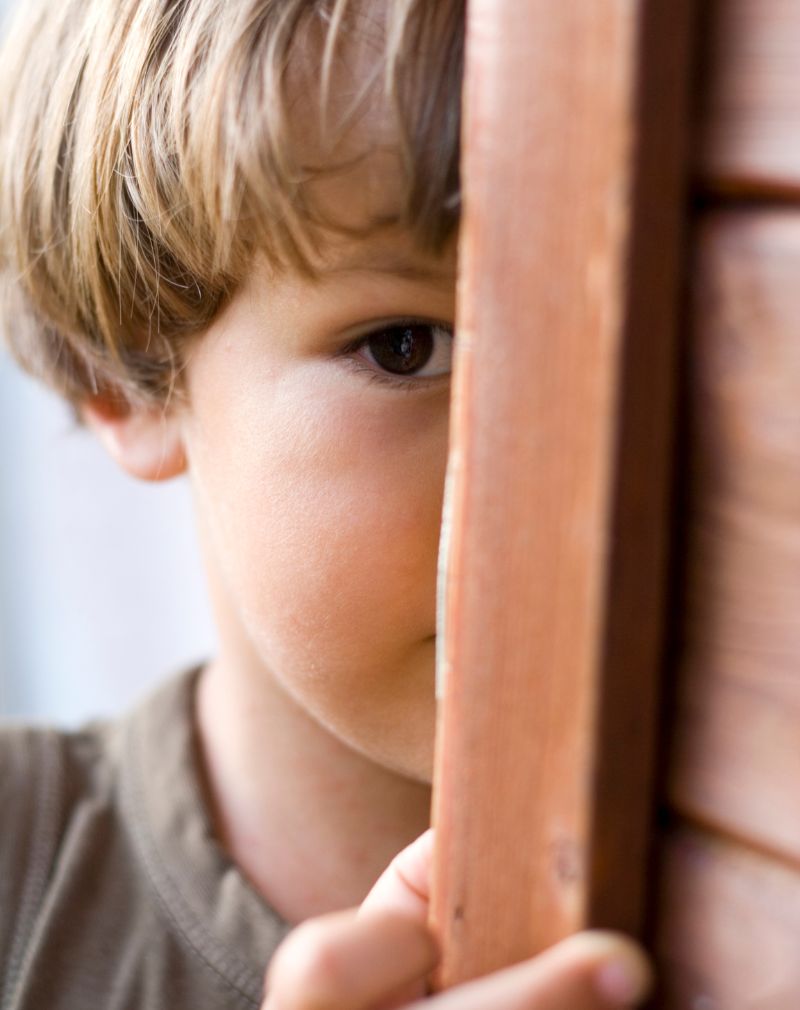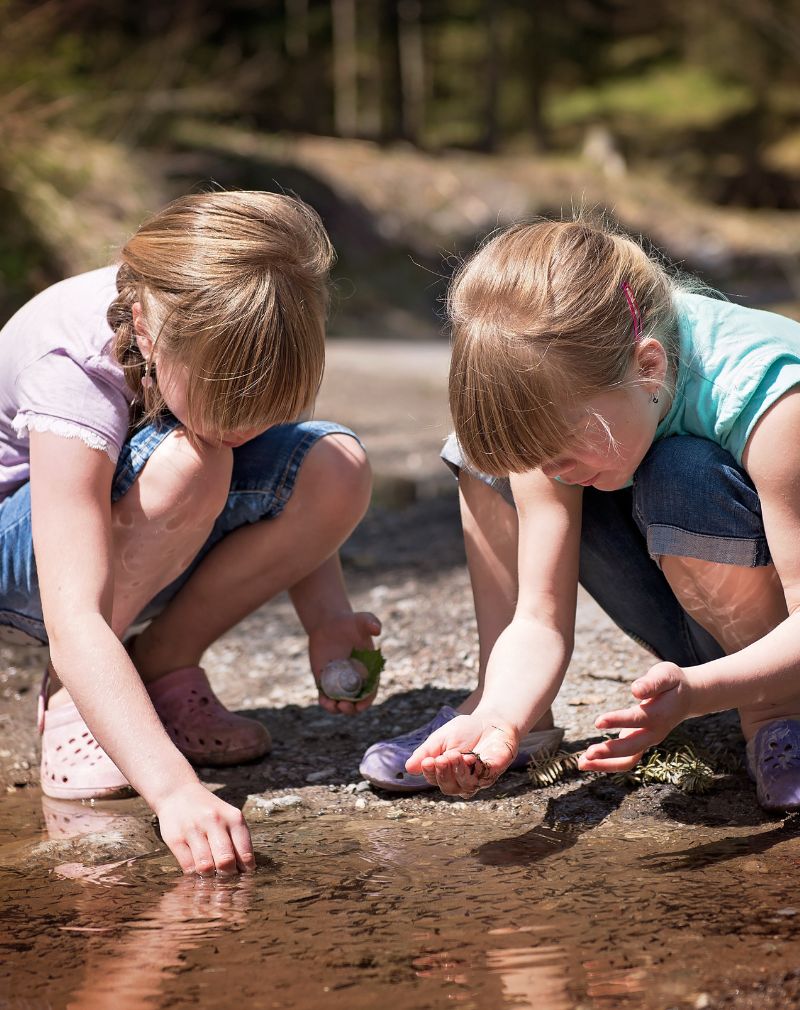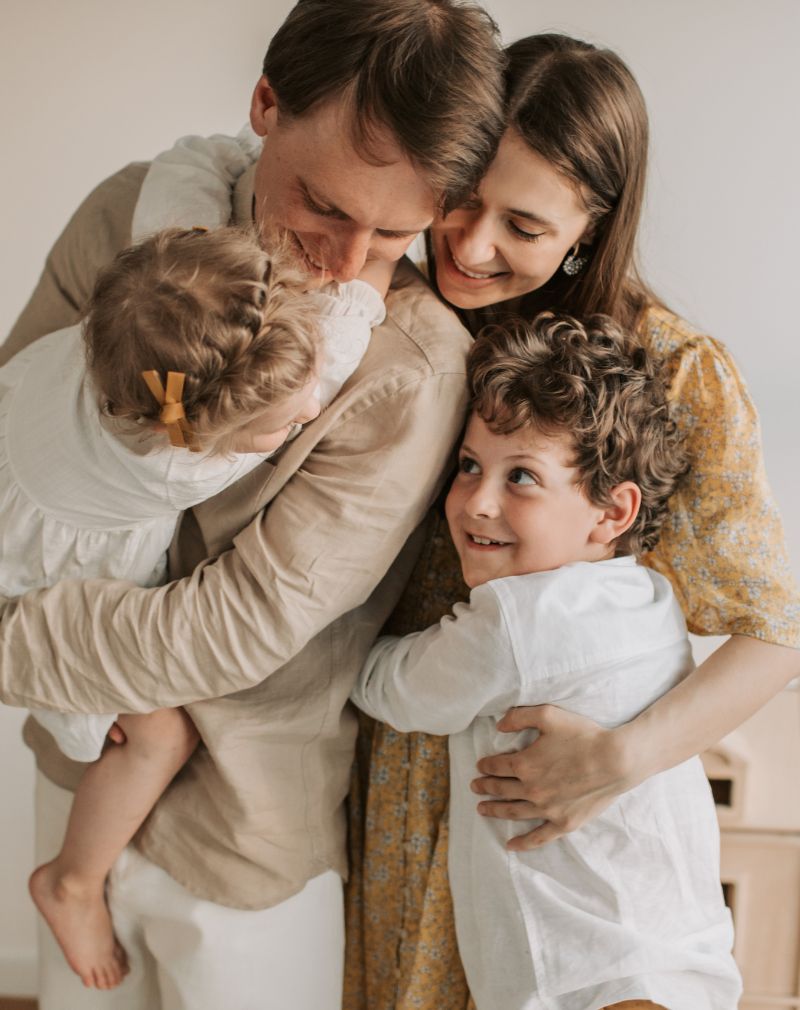Nearly one in five children today struggles with emotional or behavioral challenges. That is not a rare statistic. It is one child in every classroom, one child at every birthday party, one child at home who feels overwhelmed more often than anyone admits.
Schools often respond with rules, grades, and discipline. They are built to teach reading and math, not how to calm a pounding heart or stop tears that won’t wait. And here is the hard truth: a child can know multiplication tables by heart and still have no idea what to do with their anger or fear.
At The American Wellness Center in Dubai Healthcare City, we see this gap every day. Our Child Psychologists do not just teach children to control behavior.
We help them understand what they feel, and more importantly, how to handle it without shame or fear. Because when children learn to manage their emotions, they do not just behave better. They feel better. And that changes everything.
What Is Emotional Regulation and Why Does It Matter in Childhood?
Emotional regulation is not about shutting feelings down. It is about teaching a child what to do when those feelings feel too big.
A child who cannot manage emotions often ends up overwhelmed. The result can look like anger, sadness, or total withdrawal.
When emotional regulation is missing, daily life becomes harder:
- Meltdowns that leave both child and parent exhausted
- Trouble focusing in class, no matter how hard the child tries
- Friendships that break down because emotions spill over
- A higher risk of carrying anxiety or depression into teenage years
Children who do learn emotional regulation early tend to thrive. They are not perfect or calm all the time, but they know how to pause, recover, and keep going. That skill sets the stage for stronger academics, better friendships, and real confidence.
Why Schools Can’t Do This Alone
Schools were built to teach knowledge, not emotions. Classrooms are designed for math lessons and essays, not for calming a child who feels like the world is too much.
Teachers often want to help, but many are stretched thin. They juggle overcrowded classrooms, paperwork, and endless schedules. Few receive the training needed to guide a child through emotional storms.
This gap has consequences that parents feel at home:
- A child gets labeled as “difficult” instead of supported
- Outbursts are punished, but the real triggers stay hidden
- Struggles with focus or anxiety go unnoticed until they worsen
This is where therapy makes the difference. It gives children a safe space to practice handling emotions without fear of punishment. Therapy listens. It slows down. And it teaches children that emotions are not dangerous, but manageable.
What Therapists at AWC Actually Teach Kids
At The American Wellness Center in Dubai Healthcare City, therapy is not about fixing a child. It is about giving them tools they can carry into everyday life.
We start with simple but powerful strategies:
- Learning to name emotions clearly, because “angry” and “frustrated” are not the same
- Paying attention to body signals before emotions boil over
- Creating calm down routines with breathing, movement, or grounding exercises
Cognitive Behavioral Therapy helps children spot unhelpful thoughts and replace them with realistic ones. Sometimes it is as small as teaching a child to pause for two breaths before reacting.
Play therapy is used often with younger children. Through role-play, they practice problem-solving, empathy, and how to stand up for themselves without aggression.
Parents are part of the process too. We guide them in modeling calm responses and setting limits with firmness but also with empathy. Children learn best when home and therapy speak the same language.
What the Latest Research Shows
Children who receive emotion-focused therapy show clear progress. Their ability to recognize emotions improves by about one third. Behavioral issues at school drop significantly, and stress levels in the body come down.
The long-term impact is even more powerful. Early emotional regulation lowers the risk of substance use, improves academic success, and leads to stronger adult relationships.
The science is clear: the earlier children learn these skills, the healthier and more resilient they become later in life.
Signs Your Child Might Be Struggling with Emotional Regulation
The warning signs are often right in front of us. We just tell ourselves they are phases.
Look closer if you notice:
- Tantrums or outbursts that seem to come from nowhere
- A child who shuts down or hides when upset
- Trouble calming down even after the problem is over
- Anxiety about change, transitions, or separation
- Headaches, stomachaches, or restless nights with no clear cause
These are not signs of a “difficult child.” They are signs of a nervous system carrying more than it can handle.
When Waiting Is No Longer an Option
Children do not simply grow out of overwhelming emotions. They grow around them. And if nothing changes, those emotions harden into habits that follow them for years.
We have seen too many parents wait, hoping time alone will heal. It rarely does. What starts as tantrums at seven can turn into silence at seventeen.
Some truths are hard, but they matter:
- Pain ignored today becomes a prison tomorrow
- Healing doesn’t happen on its own, you must choose it
- Waiting always costs more than acting now
At The American Wellness Center in Dubai Healthcare City, we walk with families through these moments. Not to erase emotions, but to teach children how to live with them without fear.
If you’ve read this far, you already know it’s time. Let us take the next step with you.



